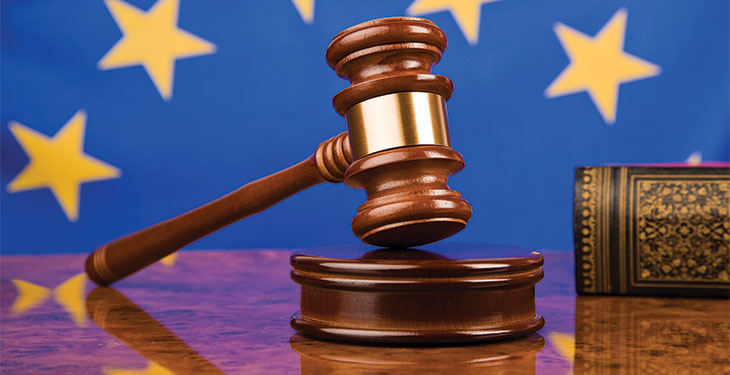Romania’s accession to the European Union meant an accelerated process of changing legislation, secondary legislation and governance practices in the sense of enforcing, at the national level, various provisions with a direct impact on the energy sector (such as the ownership unbundling or the state-aid policy, the liberalization of prices and of trans-border transactions, for instance) or with an indirect one (environmental policies). In the context of the debates launched by the President of the European Commission, Jean-Claude Juncker, on the future of the EU, starting from the five proposed scenarios, we talked to Angela Cristea, Head of the European Commission Representation in Romania, about the perspectives of Romania’s positioning within the EU,
Mrs. Angela Cristea, given the new stage the EU has already entered, whereby the functioning and even membership to the Community block are being questioned, how restrictive will the European directives remain? Can we expect, on the one hand, a more relaxed approach by the European Commission and, on the other hand, less willingness by Member States to fully and timely enforce the aquis?
The European Commission ensures the uniform application of EU law. EU membership entails rights and obligations such as observing the European legislation. This is decided by Member States together with the European Parliament, based on the proposals of the European Commission. When a Member State does not observe the Union law, it is the role of the Commission to launch an infringement procedure as regards the obligations of that Member State. I would like to underline that an infringement procedure starts with a dialogue between the Commission and the Member State in question, during which the Member State can adopt the appropriate legislation to comply with the European directives or regulations. The Commission only sends a Member State to trial before the European Court of Justice if no solution can be found during those debates.
The energy directives of the last decade have significantly changed the energy landscape of the European Union and, not long ago, there were concrete expectations regarding new requirements to be met by Member States. Can we expect, over the next few months/years, a stalemate in the negotiations on matters related to the Energy Union, projects of mutual interest, etc.?
We cannot talk about a stalemate, on the contrary: there is the political will required to progress in this field.
The Energy Union is a priority of the Juncker Commission. Energy is the field where competences are shared between Member States and the Union: the energy mix and relations to third countries are national competences, and taxation on energy prod-ucts is subject to unanimity, so it can be vetoed by any State.
It is normal for Member States to protect their national interests. However, I would like to emphasize that negotiations are progressing adequately on the “Clean Energy for all” package, the most important legislative package in the field of energy proposed by the Commission so far.
In what scenario would the existing European directives become optional for the Member States?
There is no such scenario. As President Juncker stated in his State of the Union Address, the EU is a construction based on the rule of law. EU law is not optional.
The European Parliament decided to include some additional transparency rules in the inter-governmental agreements with states outside the Union. What are the chances that such requirements become compulsory for the Member States, given the current context?
The new rules voted by the European Parlia-ment and the Council of the European Union stipulate that Member States should notify the Commission on all the inter-governmental agreements in the field of gas and oil before concluding them. This ex-ante control by the Commission is compulsory since, in fact, it checks the compliance of the agreements with the EU legislation. Thus, these rules already guarantee higher transparency of the agreements with third countries in the energy field.
For Romania, the European directives have been, for more than a decade, an important benchmark for the public policies adopted in Bucharest. Are the Romanian bodies (Government, Parliament, political parties, MEPs, legislatures) prepared to outline national policies without external constraints such as those represented by the package of European directives?
The European directives should not be consid-ered to contradict the national legislation. On the contrary, in the fields of European competence, legislation is drawn up in Brussels by the MEPs and the Member States governments, so Romania takes part in its adoption. In the other fields, of national competency, legislation continues to be drawn up in Bucharest.
—————————————-
This interview firstly appeared in the printed edition of energynomics.ro Magazine, issued in December 2017.
In order to receive this issue of energynomics.ro Magazine, we encourage you to write us at office [at] energynomics.ro to include you in our distribution list. All previous editions are available HERE.


